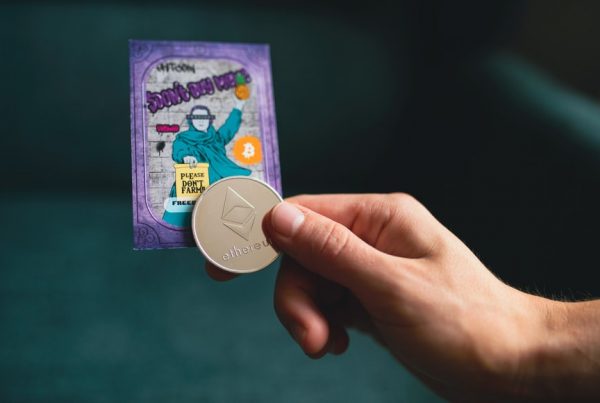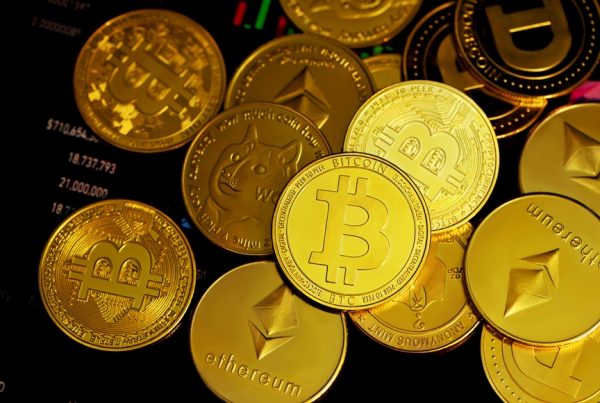
A currency or an asset is deflationary if it has increasing buying power. This means that a coin appreciates in value over time, as opposed to dropping buying power, which is inflationary.
Governments and banks print more fiat money during times of economic crisis or recessions. This has been practiced in standard economic models to help with the flow of money and prevent poverty.
Usually, fiat currencies are inflationary because it can dilute the strength of everyone’s money. Instead of increasing the amount of money being distributed, it has to be reduced for a currency to be deflationary.
This is the time we start to see deflationary cryptocurrencies. Ethereum is becoming deflationary soon. Binance Coin (BNB) also has been burning its substantial amount of tokens quarterly. Other smaller cryptocurrencies, such as BOMB, are doing it too, burning 1% of all its transactions. Many are wondering whether this is good or bad.
Pro of deflation — Buying power increases
Theoretically, one of the advantages of deflationary cryptocurrencies is that they increase a user’s buying power. Because the number of crypto is reduced, it becomes more scarce. And in economics, if something is rare, it becomes more valuable.
Neutral — Public spending is reduced
Reduced public spending is often viewed as a disadvantage because spending is considered the lifeblood of an economy. Although, people would still buy essentials, which would get cheaper as their buying power increases.
What deflation plays in this scenario is that consumers would spend less on things they don’t need. There’s no need to rush. Not good for businesses at first, but this should encourage healthy competition as they prove their worth.
Con of deflation — Loans are harder to manage
As prices increase, loans also increase. Currently, this is a non-issue as crypto loans are usually frozen at their fiat value.
However, if a society fully adopts a deflationary currency, it wouldn’t have a metric to compare to. It could discourage borrowing, and people would just wait for more buying power in the future.
Loans and credits can be unmanageable under a deflationary economy. Although cheaper essential goods could offset this fact, there could still be a hindrance for some people to get out of debt.
This is just an overview of deflationary cryptocurrencies and economies and its effect on society. The simple conclusion that can be drawn from this is that we do not know for sure whether one is better than the other. We should have studies focusing more on how individuals would function rather than corporations.
If you liked our “Deflationary Cryptocurrencies — The Pros and Cons” and found some valuable information, check our blog space regularly to get more updates on Bitcoin, crypto-backed business loans, and trade cryptocurrencies.



